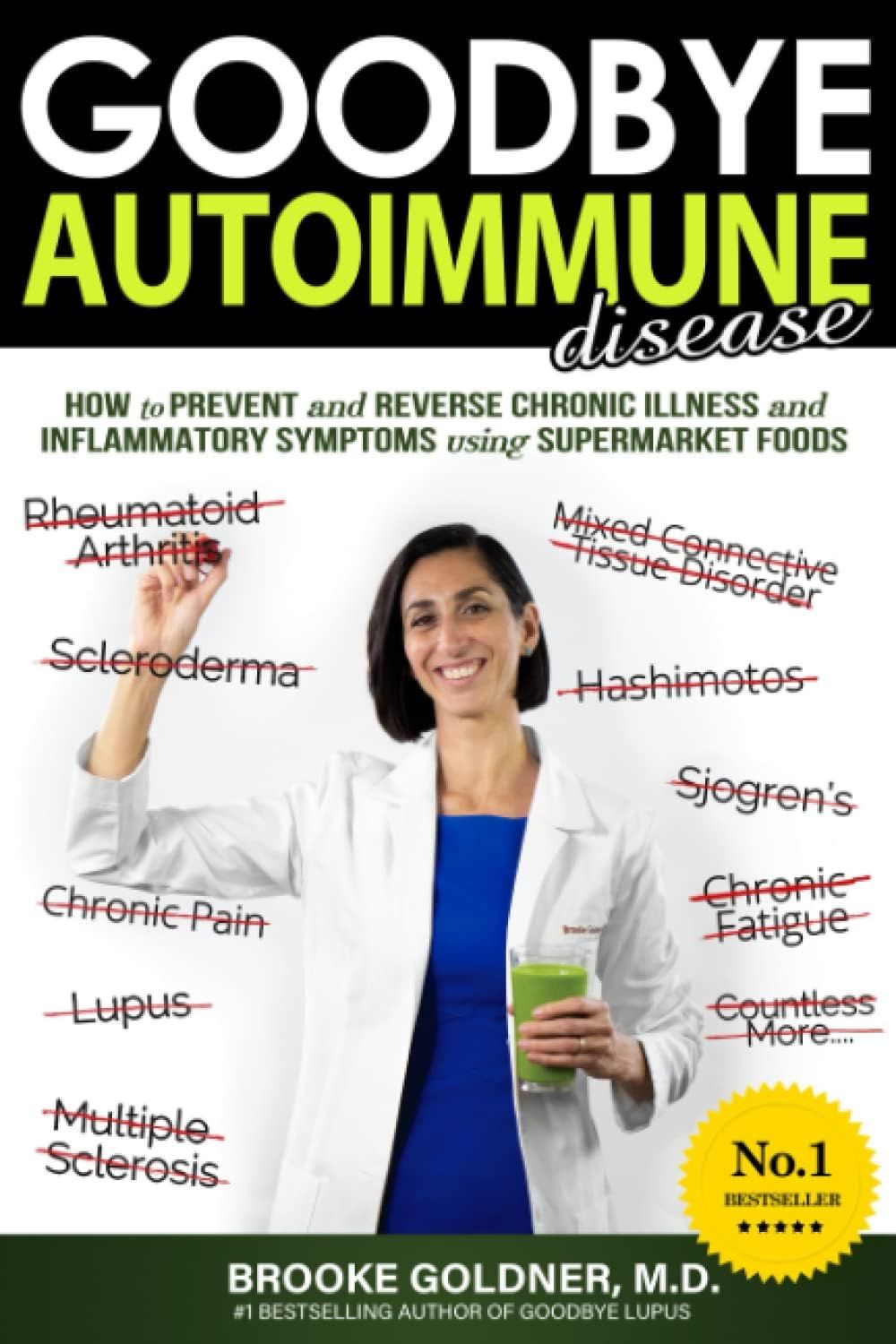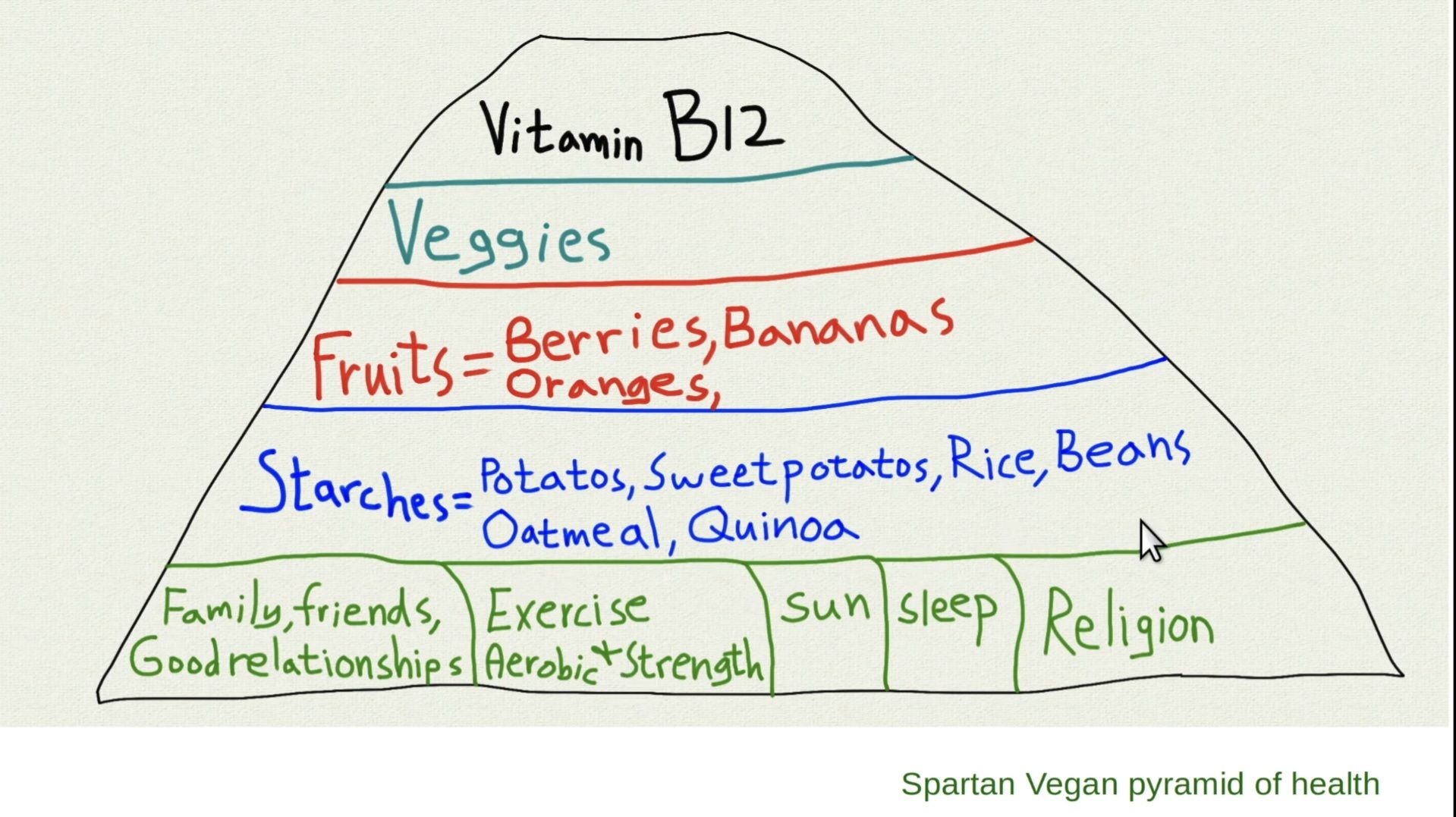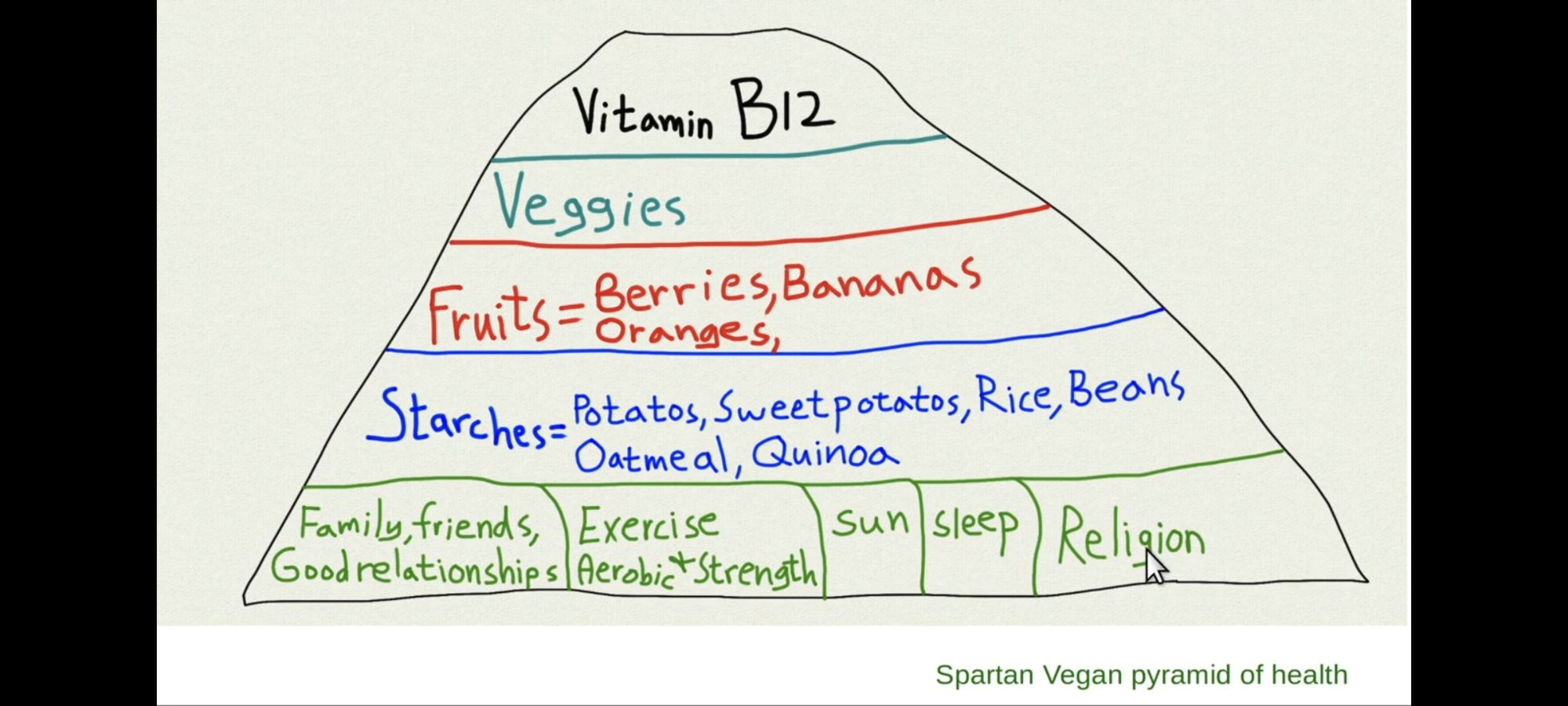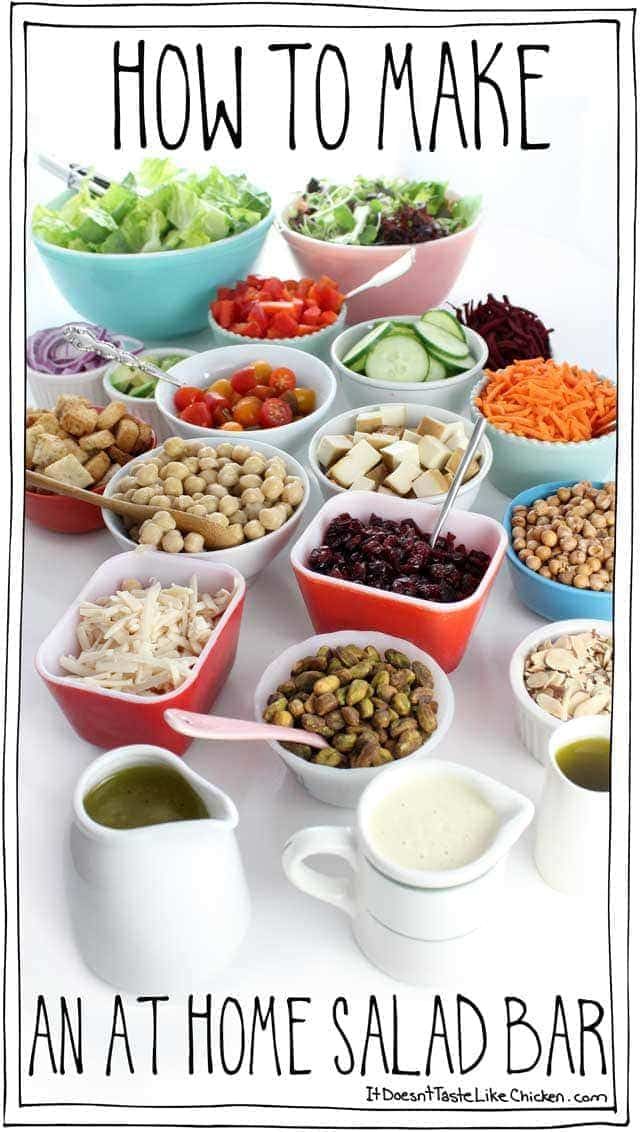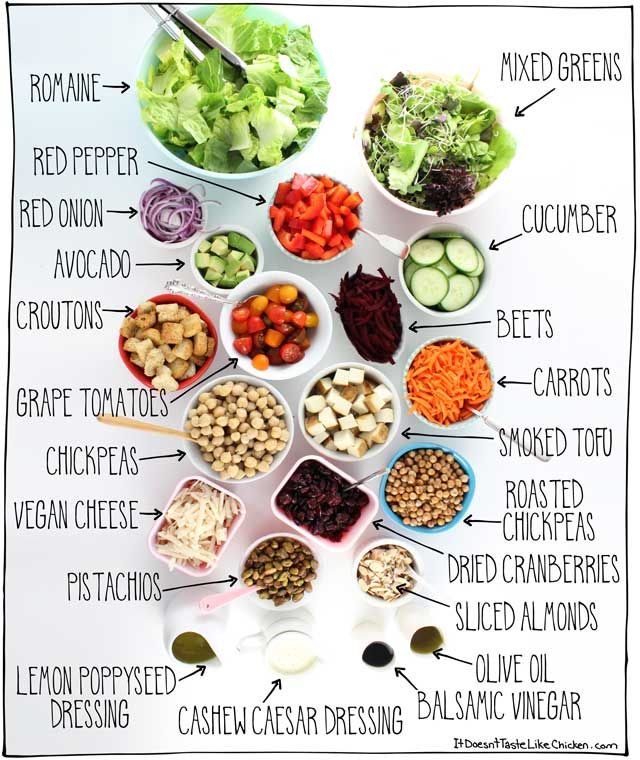A Cardiologist’s Go-To Dinner:
What’s for dinner in Dr. Hermann’s home? Often, this cardiologist makes a fresh salad topped with grilled salmon. We know we mentioned letting the heart choose dinner over the tastebuds. However, good news for people who want it both ways: “I love the freshness and lightness of the meal,” Dr. Hermann says. “It’s delicious.”
Beyond that, the light, fresh meal is nutrient-dense. “Fresh, leafy, green vegetables are loaded with vitamins, nutrients and antioxidants,” Dr. Hermann explains. “Salmon is also loaded with vitamins and contains omega-3 fatty acids that are known to improve lipid profiles and reduce arterial inflammation, which contributes to atherosclerosis.”
Leafy green vegetables boast fiber, vitamin C, zinc and vitamin A, all of which can lower heart disease risks. Darker leafy greens like spinach, broccoli and romaine lettuce are more nutrient-dense than iceberg lettuce, according to Cleveland Clinic. One 2021 study linked leafy-green veggie consumption with lower cardiovascular disease incidences.
The American Heart Association (AHA) recommends eating two servings of fish weekly (six ounces cooked) to lower your heart disease and stroke odds, and the AHA specifically emphasizes the benefits of fatty fish, like salmon.
To keep this salad heart-healthy, Dr. Hermann suggests avoiding one common pitfall.
You should be very careful about salad dressings,” he says. “They can be very high in calories and be a source of processed foods [due to oil or creamy dairy ingredients]. Ultra-processed foods are a huge and, frankly, dangerous source of calories in the average American diet. Intake of processed foods is linked to cardiovascular disease, and it is one of the current leading causes of dementia.”
A 2022-published study showed that higher consumption of ultra-processed foods was associated with elevated chances of heart disease and death. Another study published online the same year linked ultra-processed food intake with cognitive decline.
Other Ways to Make Heart-Healthy Dinners Easy:
When you’re busy or stressed out, it’s easy to reach for the first thing in your kitchen or pantry. Dr. Hermann has a quick tip to help you ensure that “thing” is one your heart will love.
“Place healthy food choices in front of your eyes in your pantry and fridge,” he recommends. “We often pick to eat one of the first two or three choices that we see. Don’t hide the good, healthy stuff in those opaque fridge drawers.”
Salmon may not be your salad topper—and that’s OK. However, you’ll want to choose alternatives wisely. “Make sure you substitute processed red meats for fresh fish and legumes and avoid ultra-processed foods,” Dr. Hermann shares. “This is really challenging because we are inundated with these foods, and they are typically relatively easy to prepare.”
Dr. Hermann says that high-sodium add-ons like tortilla chips can also lower the heart-healthy benefits of a salad, as can sipping soda or other sugary beverages with your meal.
Finally, you can’t control every factor associated with heart disease risk, such as genetics and age. However, you can control other aspects, like exercise and food choices, for the most part. Dr. Hermann stresses it’s important to use this truth to step into your power when you open the fridge rather than send you down a shame spiral.
Your choices matter, which is super empowering,” he says. “Even small healthy changes can yield big results.”
“What we put in our mouths daily has a tremendous impact on our health,” says Dr. Daniel Hermann, MD, an interventional cardiologist with Memorial Hermann in Houston. “In fact, the number one leading modifiable risk factor for death in the U.S. is poor dietary choices…It’s really important to make good food choices to stay healthy, feel better and live longer.”
Indeed, a 36-year cohort study of more than 85,000 people published in 2022 found that people who maintained a body mass index in the normal range, never smoked, consumed a healthy diet, and followed public health advice on alcohol and physical activity lived longer.
https://www.aol.com/im-cardiologist-heres-eat-dinner-172500926.html
